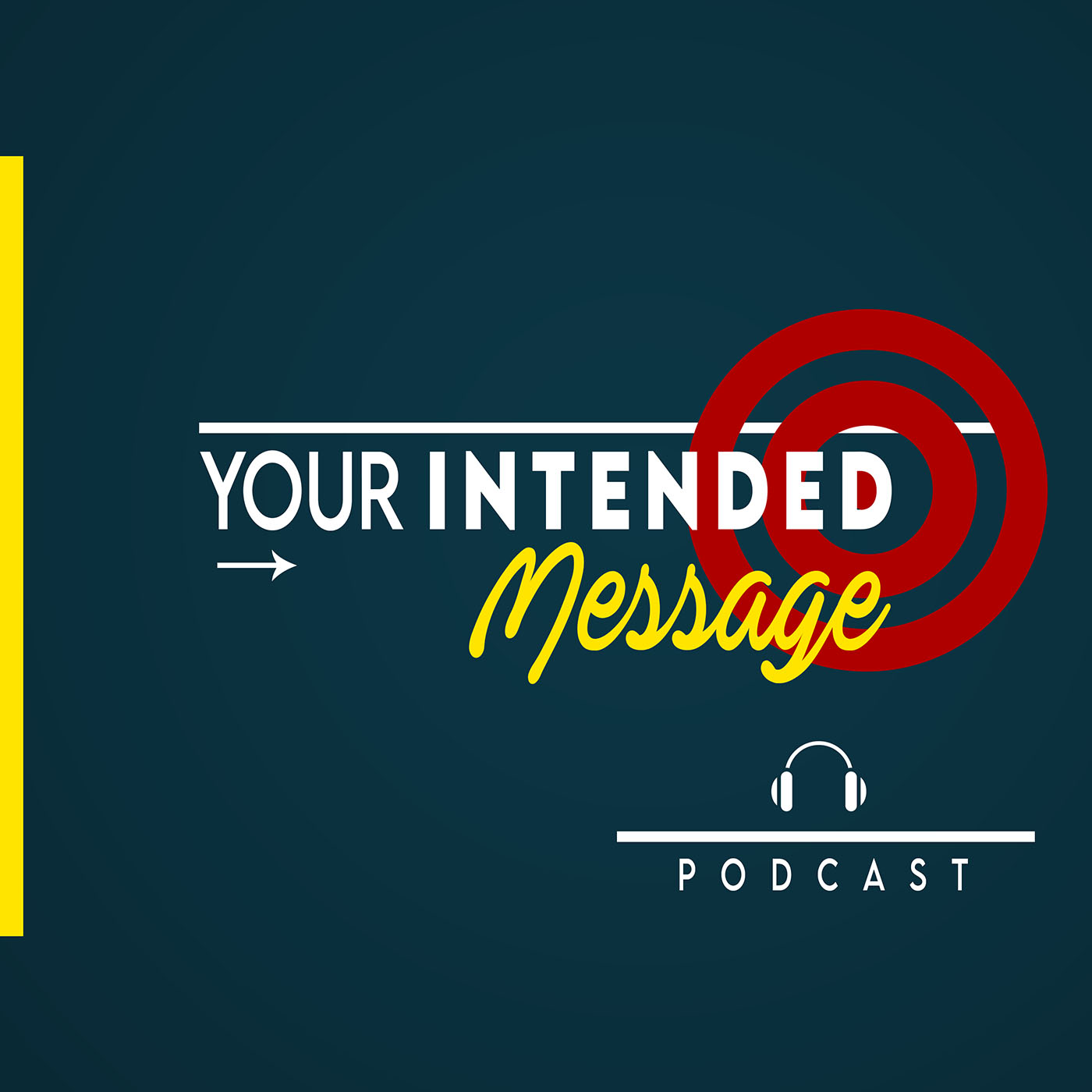
Episode 114 (Edward is based in Washington, DC)
In this conversation with Edward Segal, we explore:
About Edward Segal:
Bestselling author of the award-winning book, Crisis Ahead: 101 Ways to Prepare for and Bounce Back from Disasters, Scandals and Other Emergencies, published in 2020 by Nicholas Brealey
A leadership Strategy Senior Contributor for Forbes.com where he covers crisis-related news, topics and issues
Host of the weekly podcast, the Crisis Management Minute
Learn more about the book and working with Edward Segal here
-----
Excerpts from this conversation with Edward Segal:
02:09
Well, mistake number one is that they often do not have a crisis management plan. And a crisis management plan can act as a roadmap guidebook to how to respond, manage and recover from a crisis.
But even if a company has a plan in place, the chances are pretty good that they have not looked at it, reviewed it or updated it in quite some time.
And even worse, they haven't even practiced the plan against various scenarios to make sure it will work when needed.
-----
06:18
And that template sounds like a handy tool because I can imagine a lot of people just thinking about a crisis plan, get overwhelmed, and don't know where to start or are reluctant to start. In one of the challenges must be which crisis do we pay? Do we prepare for it? Because there are so many?
06:38
Well, that's the purpose of the plan. A plan and crisis management plan helps you to prepare for every possible crisis, every possible contingency.
There are some things you can plan for and say, well, we might have a problem such as bad weather, whether it's flooding, snow, hurricanes, tornadoes, depending upon where in the country you live.
You should take steps immediately to prepare for those Mother Nature related crises.
Other crisis situations, such as allegations of sexual harassment, fraud, counterfeit, all those kinds of things, especially accounting, or book or bookkeeping related issues, there are ways to take steps to mitigate if not totally prevent those kinds of crisis.
I've identified more than 100 Different crisis triggers. And it's kind of like it's an extension of Murphy's Law. If anything can go wrong, it will.
Well, my law is if you it's not a matter of if you're going to have a crisis, it's when how bad it's going to be, how are you going to handle it, and how you're going to recover from it.
And that's what the book and the crisis management plan template is designed to help people address those issues.
-----
----more----
Your Intended Message is the podcast about how you can boost your career and business success by improving your communication skills. We’ll examine the aspects of how we communicate one-to-one, one to few and one to many – plus that important conversation, one to self.
In these interviews we will explore presentation skills, public speaking, conversation, persuasion, negotiation, sales conversations, marketing, team meetings, social media, branding, self talk and more.
Your host is George Torok
George is a specialist in executive communication skills. That includes conversation and presentation. He’s fascinated by way we communicate and influence behaviors. He delivers training and coaching programs to help leaders and promising professionals deliver the intended message for greater success.
Connect with George
www.SpeechCoachforExecutives.com
https://www.linkedin.com/in/georgetorokpresentations/
https://www.youtube.com/user/presentationskills
https://www.instagram.com/georgetorok/
For weekly tips to improve your presentations visit

 Why People Don't Hear What You Meant to Say?
The Static in Your Message
How Unintended Signals Sabotage Communication
Episode
Why People Don't Hear What You Meant to Say?
The Static in Your Message
How Unintended Signals Sabotage Communication
Episode
 Hollywood Storytelling Secrets: Michael Hauge
Why Facts Don’t Persuade: Stories Do
How to Tell Business Stories That Create Em
Hollywood Storytelling Secrets: Michael Hauge
Why Facts Don’t Persuade: Stories Do
How to Tell Business Stories That Create Em
 Build Trust Fast: Lessons from a War Zone Spy: JJ Brun
Communication Techniques from a Retired Spy
Why Deception Fails: The Rule for Ra
Build Trust Fast: Lessons from a War Zone Spy: JJ Brun
Communication Techniques from a Retired Spy
Why Deception Fails: The Rule for Ra
 Storytelling for Business Leaders: Graham Brown
The Three-Box Storytelling Framework
The Hidden Psychology Behind Stories that C
Storytelling for Business Leaders: Graham Brown
The Three-Box Storytelling Framework
The Hidden Psychology Behind Stories that C